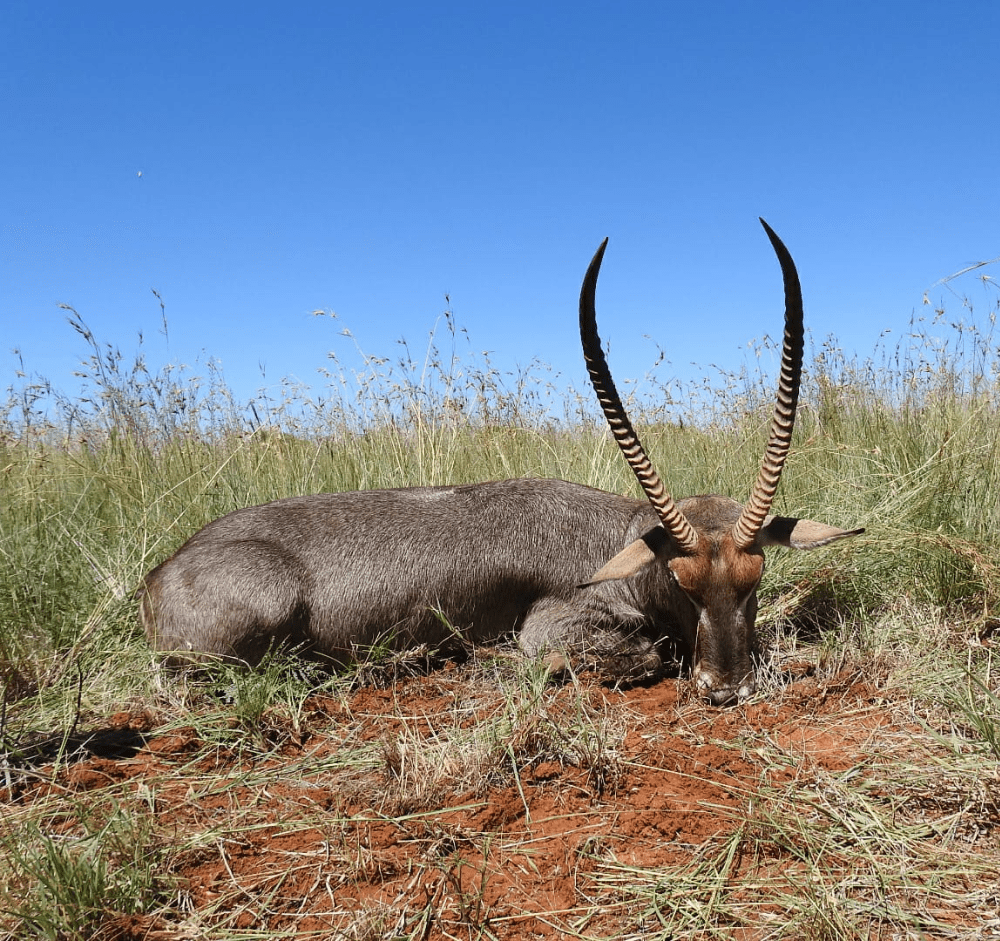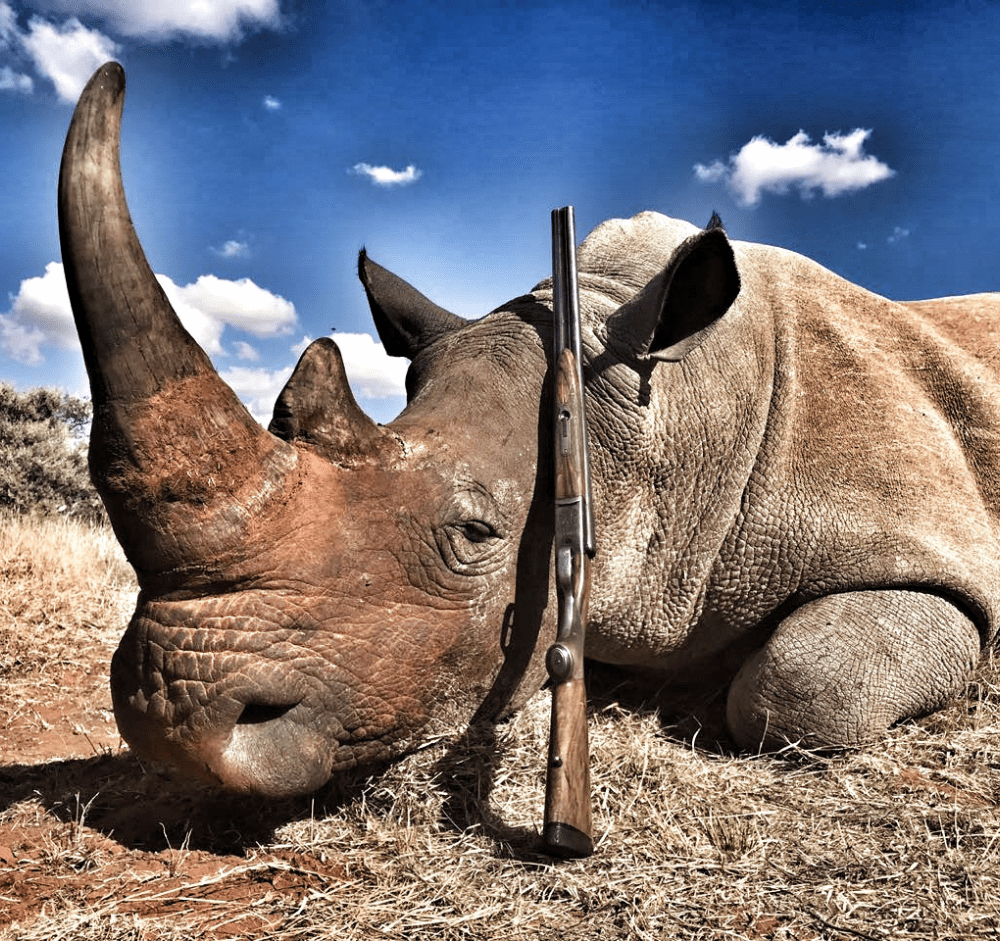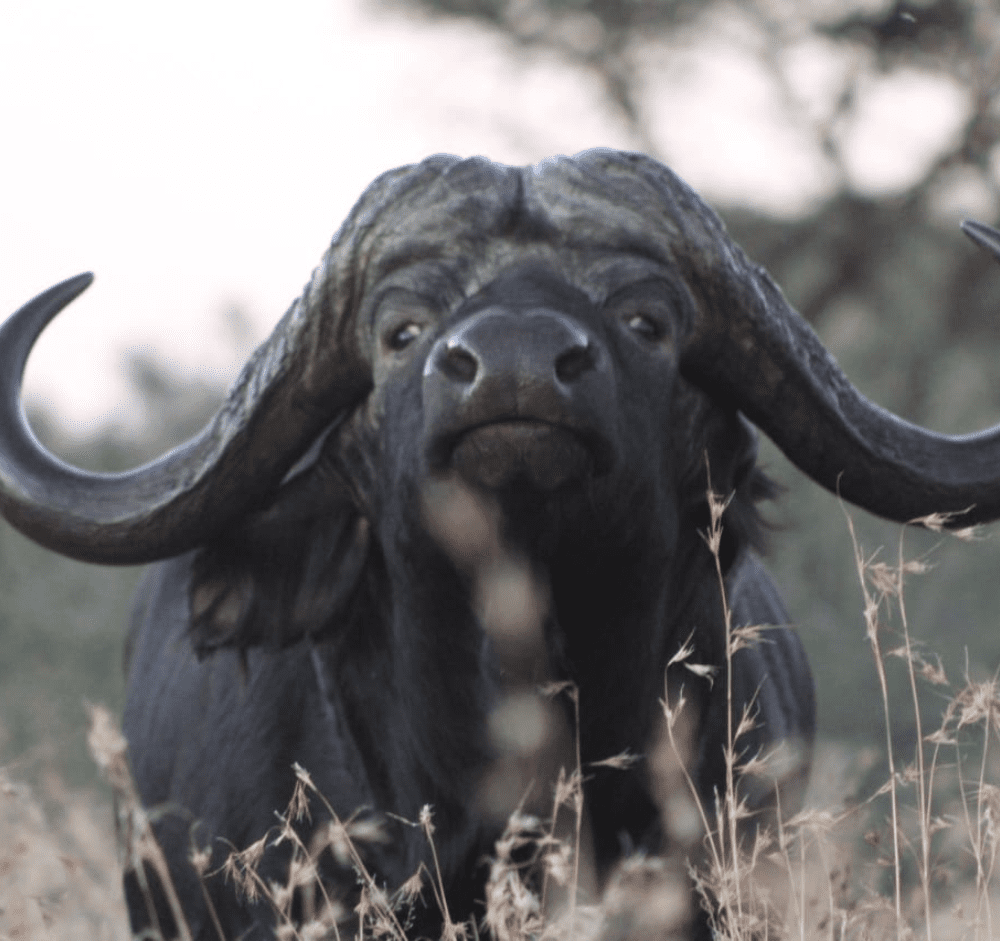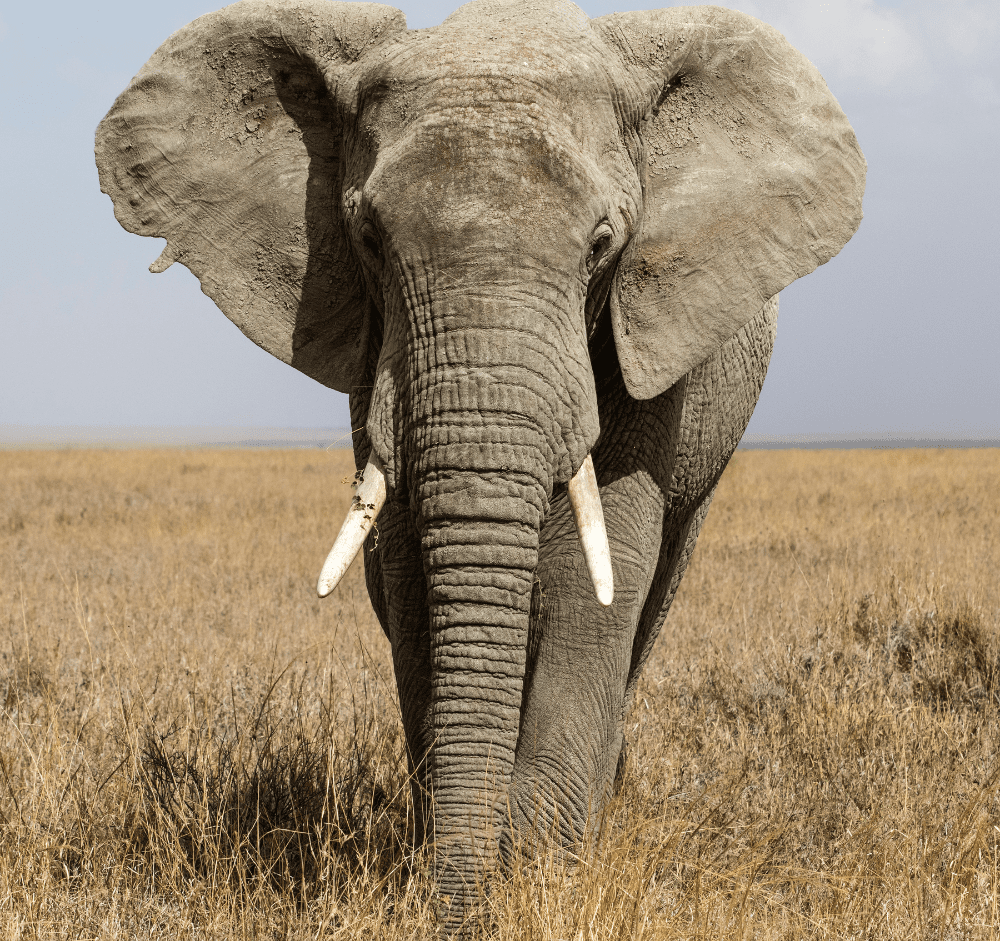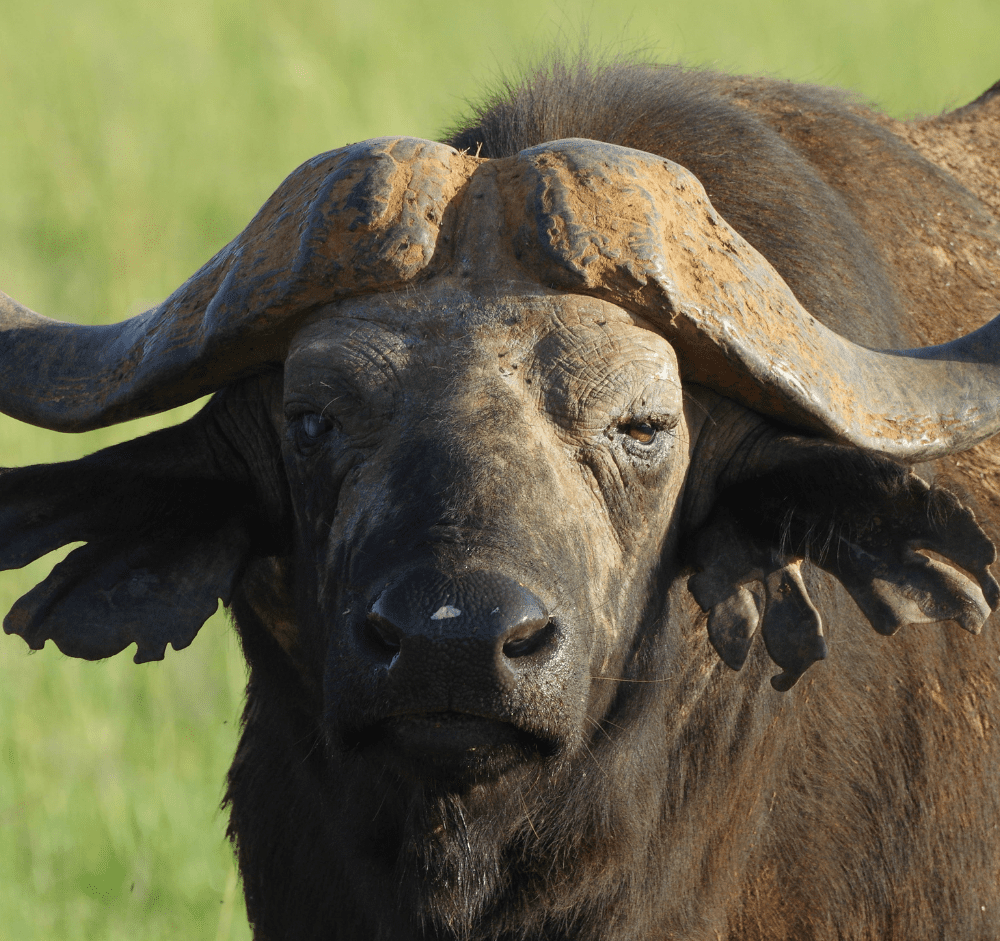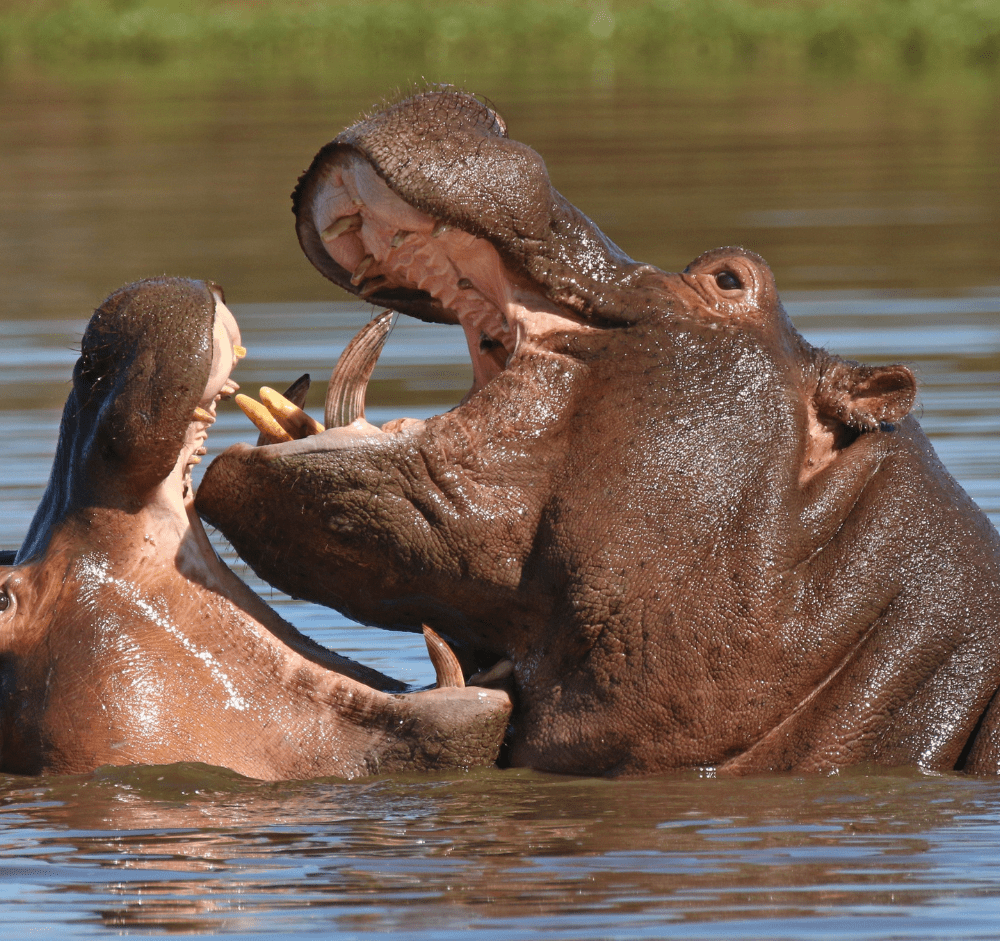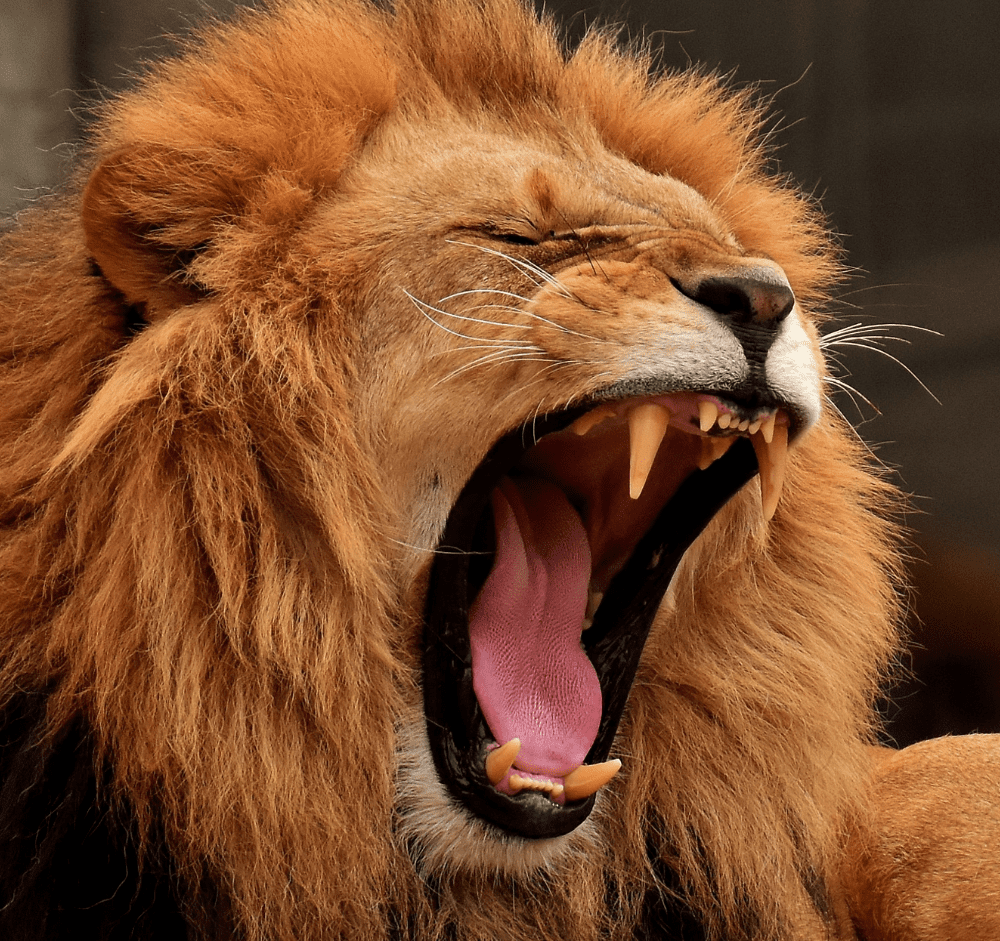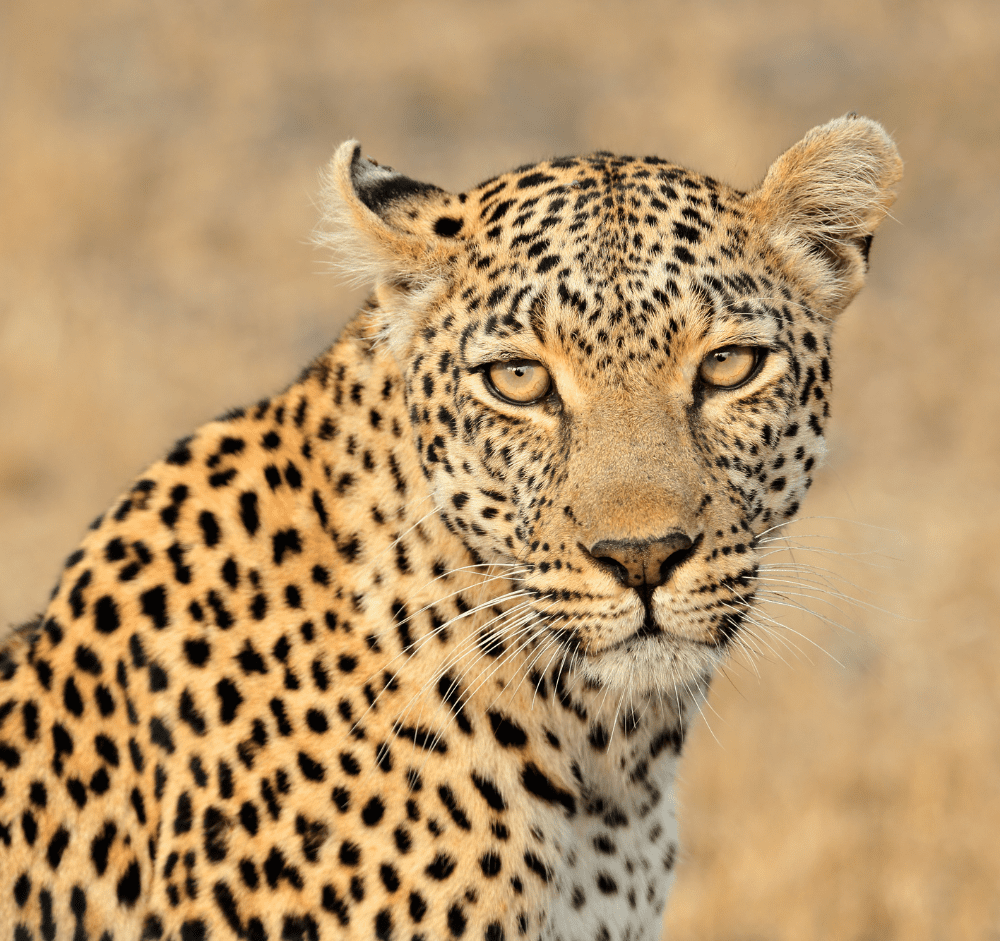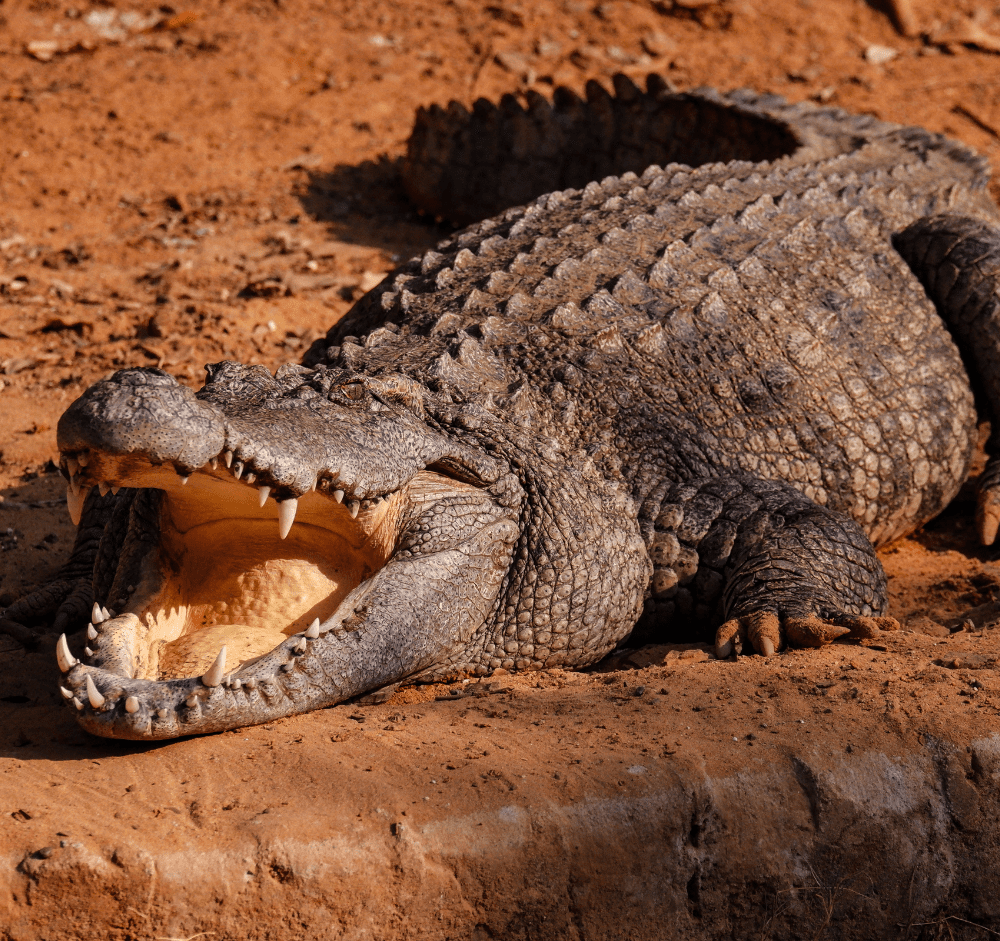Introduction: Hunting as a Chronicle of Human-Wildlife Interaction
For millennia, hunting has been an integral part of the human experience in Africa. It wasn’t merely a means of survival; it was a profound cultural practice that shaped social structures, spiritual beliefs, and the complex relationship between humans and the natural world. To understand the modern context of hunting in Africa, it’s essential to delve into its rich and varied historical and cultural roots. This journey takes us from the ancient San hunter-gatherers to the complex rituals of various Bantu-speaking communities, revealing a tapestry of traditions as diverse as the continent itself.
The Ancient Legacy: Hunting Among the San
The San people of Southern Africa, among the oldest cultures on Earth, offer a glimpse into the deep history of hunting in the region. Their rock art, some of which dates back thousands of years, vividly depicts hunting scenes, showcasing the importance of this practice in their lives.
- Hunting as a Spiritual Act: For the San, hunting was often imbued with spiritual significance. Animals were seen as powerful beings, and the hunt was a ritualized interaction with the spirit world. Trance dances and ceremonies were performed to ensure success and to maintain harmony with nature.
- Egalitarian Social Structures: Hunting practices often reinforced egalitarian social structures. The sharing of the kill was paramount, strengthening social bonds and ensuring the survival of the group.
- Profound Ecological Knowledge: The San developed an intricate understanding of animal behavior, tracking, and the ecology of their environment. This knowledge, passed down through generations, was crucial for their survival and is now recognized as a valuable source of ecological wisdom.
“The San’s deep connection to the land and their sophisticated hunting techniques demonstrate a profound understanding of the interconnectedness of all living things,” notes The Cambridge Encyclopedia of Hunters and Gatherers (Lee & Daly, 1999), highlighting the ecological intelligence inherent in their traditional practices.
Bantu Societies: Agriculture and the Hunt
As Bantu-speaking peoples migrated across Africa, agriculture became increasingly important. However, hunting often retained its cultural significance, coexisting with farming practices.
- Hunting as a Rite of Passage: In many Bantu societies, hunting served as a rite of passage for young men. It was a test of courage, skill, and endurance, marking the transition into adulthood.
- Hunting and Social Hierarchy: In some kingdoms, hunting became associated with social status and power. Access to certain hunting grounds or the right to hunt specific animals might be restricted to the elite.
- Symbolic Meanings of Animals: Different animals acquired symbolic meanings, often linked to spiritual beliefs or social values. For example, a powerful animal like the lion might represent strength and royalty.
African Societies (Davidson, 1974) provides a comprehensive overview of the diverse roles of hunting in the context of Bantu cultures, emphasizing its adaptation to varying ecological and social contexts.
Hunting Rituals: Maintaining Balance with Nature
Across the continent, hunting was often accompanied by elaborate rituals designed to ensure success, appease the spirits of the animals, and maintain balance with the natural world.
- Pre-Hunt Preparations: These might involve purification ceremonies, prayers, or the use of charms and amulets to bring good fortune.
- Offerings and Sacrifices: After a successful hunt, offerings might be made to the spirits of the slain animal, expressing gratitude and respect.
- Taboos and Restrictions: Certain taboos might govern hunting practices, such as restrictions on hunting during specific seasons or the prohibition of hunting certain animals.
“These rituals reflect a deep-seated belief in the interconnectedness of humans and nature,” explains Encyclopedia of African Religion and Philosophy (Wiredu & Abegunrin, 2009), suggesting that traditional hunting practices were often embedded in a holistic worldview.
The Impact of Colonialism and Modernization
Colonialism and modernization significantly impacted traditional hunting practices.
- Changes in Land Ownership: Colonial powers often disrupted traditional land tenure systems, restricting access to hunting grounds for indigenous communities.
- Introduction of Firearms: The introduction of firearms altered hunting techniques and power dynamics.
- Commercialization of Wildlife: The commercialization of wildlife, driven by the demand for ivory and other products, led to overexploitation and the decline of certain species.
The Scramble for Africa (Pakenham, 1991) vividly portrays the disruptive effects of colonialism on African societies, including the transformation of their relationship with wildlife.
The Relevance of Traditional Knowledge Today
Despite the changes brought about by modernization, traditional hunting practices and the knowledge associated with them remain relevant today.
- Conservation Insights: Traditional ecological knowledge can offer valuable insights for modern wildlife management, providing information on animal behavior, migration patterns, and sustainable resource use.
- Cultural Preservation: Preserving traditional hunting practices can contribute to the preservation of cultural heritage and identity, particularly in communities where these practices remain important.
- Community Empowerment: In some areas, community-based conservation initiatives incorporate traditional hunting practices, empowering local communities to manage their wildlife resources sustainably.
Indigenous Ecological Knowledge and Its Transformations (Ellen et al., 2000) explores the importance of integrating traditional knowledge with modern conservation approaches.
Interesting Facts:
- In some cultures, specific animal parts were believed to possess medicinal or spiritual properties, further elevating the significance of the hunt.
- Oral traditions and storytelling played a crucial role in transmitting hunting knowledge and values across generations.
- The development of specialized hunting tools and technologies, from bows and arrows to traps and snares, reflects the ingenuity and adaptability of African societies.
Conclusion: A Tapestry of Tradition and Transformation
The history and culture of hunting in African societies is a rich and complex tapestry, woven with threads of spirituality, social structure, and ecological knowledge. From the ancient San hunter-gatherers to the diverse traditions of Bantu-speaking communities, hunting has played a profound role in shaping the relationship between humans and the natural world in Africa. While colonialism and modernization have brought about significant changes, the echoes of these ancient practices continue to resonate in contemporary African societies. By understanding and respecting this historical and cultural context, we can gain valuable insights into the complexities of wildlife management and the importance of preserving both biodiversity and cultural heritage.
References:
- Davidson, B. (1974). African Societies. Penguin Books.
- Ellen, R., Parkes, P., & Bicker, A. (Eds.). (2000). Indigenous Ecological Knowledge and Its Transformations: Examining Western Academic and Development Paradigms. Routledge.
- Lee, R. B., & Daly, R. (Eds.). (1999). The Cambridge Encyclopedia of Hunters and Gatherers. Cambridge University Press.
- Pakenham, T. (1991). The Scramble for Africa: White Man’s Conquest of the Dark Continent. Avon Books.
- Wiredu, K., & Abegunrin, O. (Eds.). (2009). Encyclopedia of African Religion and Philosophy. Springer.
